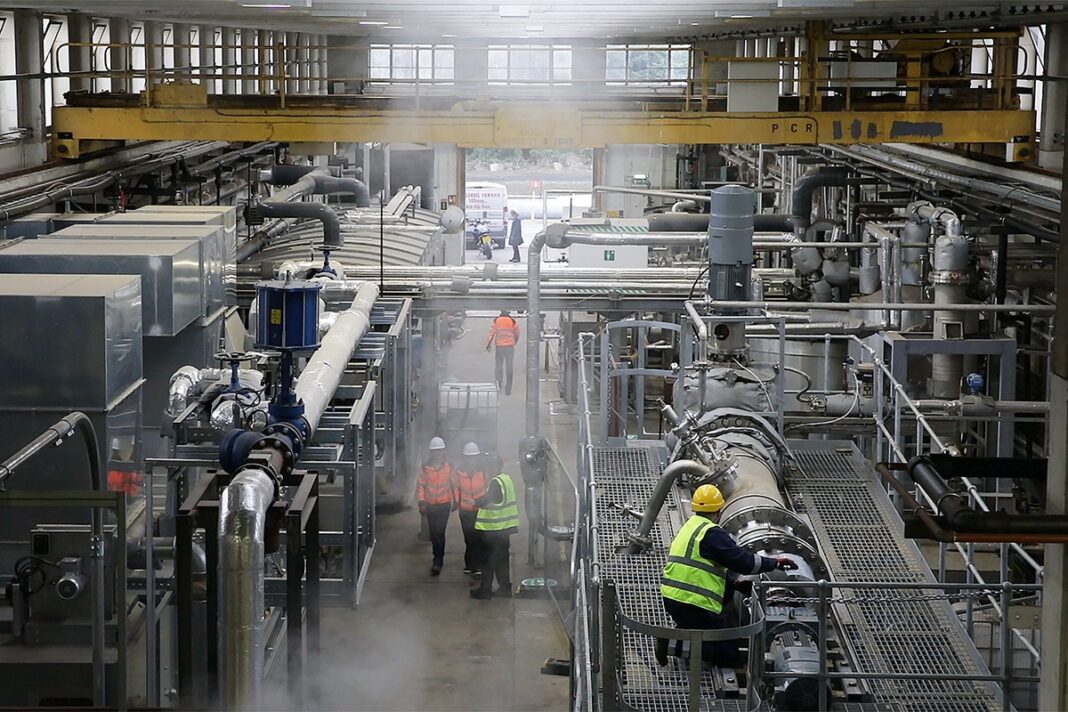British Airways has signed a new agreement with LanzaJet and Nova Pangaea Technologies. The three companies have committed to accelerate Project Speedbird, an initiative launched in 2021. Their aim to develope cost-effective sustainable aviation fuels (SAF) and enabling their commercial use in the United Kingdom.
As reported by British Airways, the three companies will strengthen joint work to transform agricultural and wood waste into 102 million litres of SAF per year. The airline will use that fuel to power part of its operations. The material would reduce annual carbon dioxide emissions by up to 230.000 tonnes.
As part of the agreement, International Airlines Group (IAG), parent company of British Airways, will invest in the programme. Project Speedbird has also applied for the Department for Transport’s Advanced Fuels Fund grant. This could provide get additional funding, which will be key to the project’s continued development.
So far, the programme has already received around 500.000 pounds from the Department for Transport’s «Green Fuels, Green Skies» initiative. The money was used to fund initial feasibility studies. With the first phase now complete, the companies are preparing to start the second stage of the project.
According to British Airways, construction of the facilities needed to start production, which will be located in the north-east of England, would begin in 2023. The plant would then produce the first litres of SAF in 2026.
These dates are in line with the intentions of the Department for Transport, which is currently working to implement its recently announced «Jet Zero» strategy. The measure would come into effect in 2025 and would require at least 10% of all aviation fuel in the United Kingdom to be sustainable by 2030.
The SAF produced as part of Project Speedbird will be developed from a combination of technologies based on Nova Pangaea’s Refnova process, which converts agricultural and wood waste into bioethanol and charcoal. Bioethanol will then be converted into sustainable fuel and renewable diesel using LanzaJet’s patented alcohol-to-jet (ATJ) technology.
«Project Speedbird is another great step towards our mission to reach net zero carbon emissions by 2050 or sooner and achieve our target of using SAF for 10% of our fuel by 2030», said Carrie Harris, Director of Sustainability at British Airways. «With further investment and continued government support, Speedbird will be a key and pioneering project in the production of SAF here in the United Kingdom», she added.







